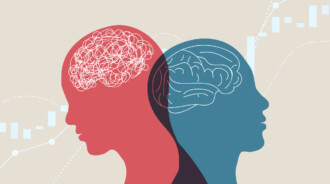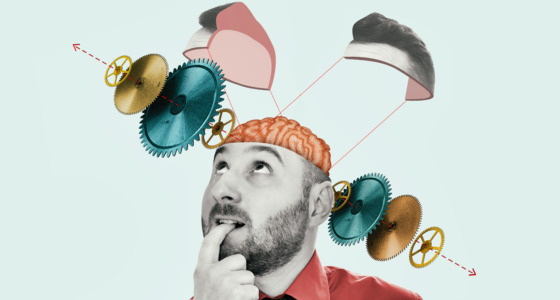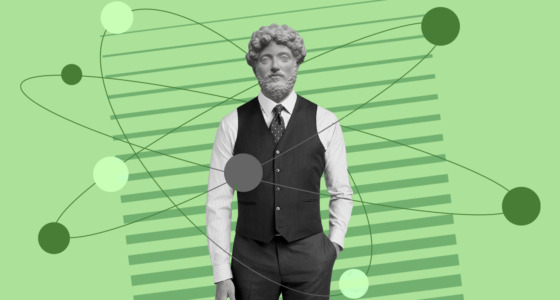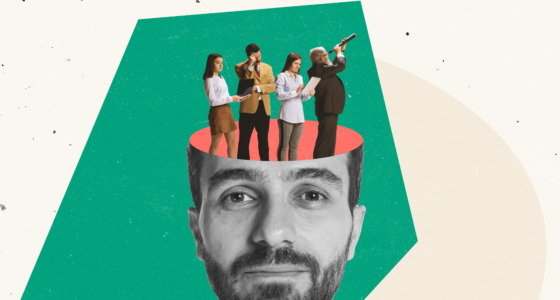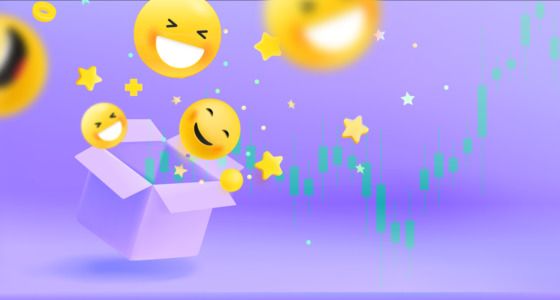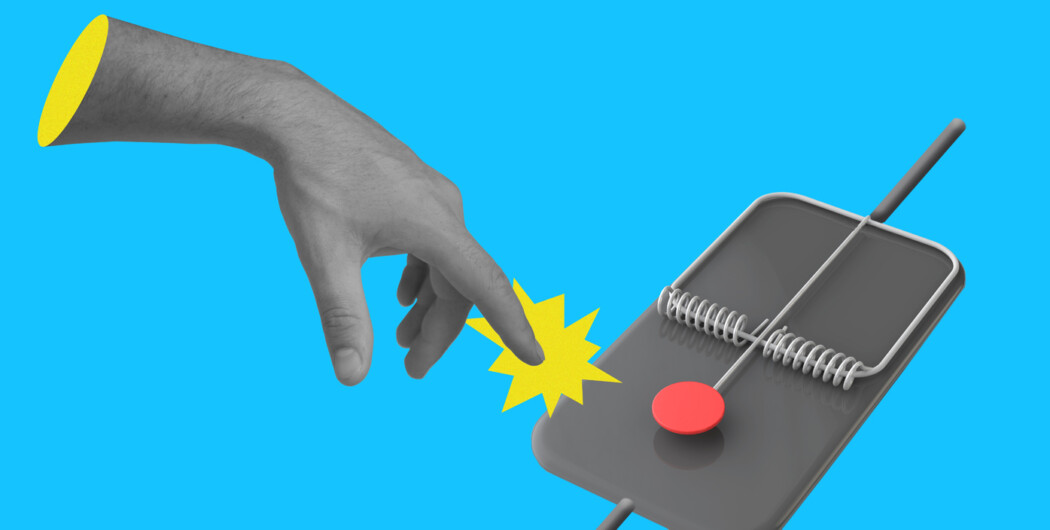

Beginners and professionals are fundamentally different, and they are struggling with different things. For example, pros often face the “curse of knowledge”, where they can’t imagine what it’s like for novices to not know something about a subject. Stanford University once divided participants into tappers and listeners. The tappers tapped out the rhythm of a Happy Birthday song on a table while the listeners had to guess it.
The tappers predicted that the listeners would guess the song correctly half of the time, but they only guessed correctly 2.5% of the time. See? It’s important for professionals to constantly challenge their assumptions.
What other areas should pro traders look into?
Overconfidence
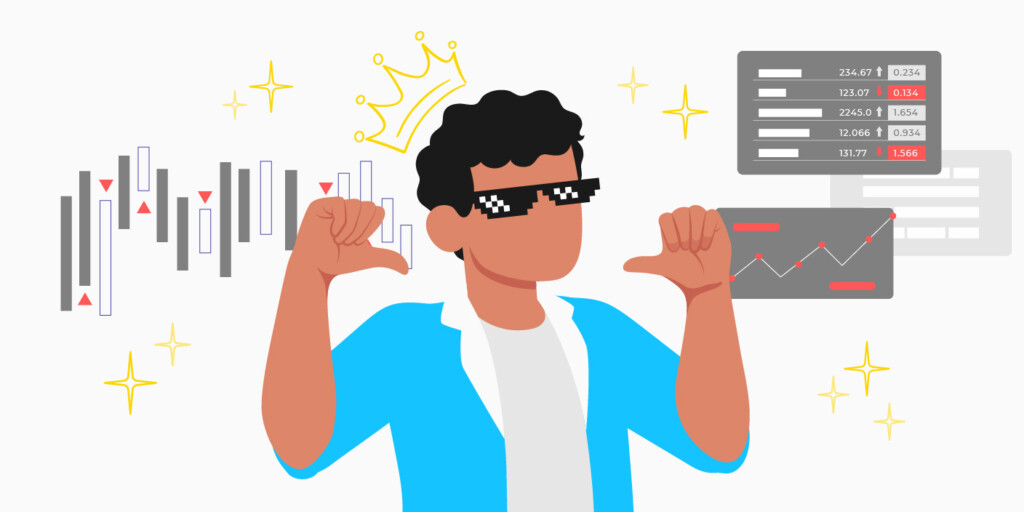
Obviously, pro traders have accumulated significant experience and knowledge in the field. So, they tend to believe that they have a better understanding of the markets than they actually do. They may think that they can predict the direction of the market or that they can outsmart it. Newbies, on the other hand, are more likely to be cautious.
What can you do to avoid it? For one, you should constantly reassess your strategies and seek feedback from other experienced traders. Also, it helps to be willing to admit when you’re wrong and take losses when necessary.
Confirmation bias
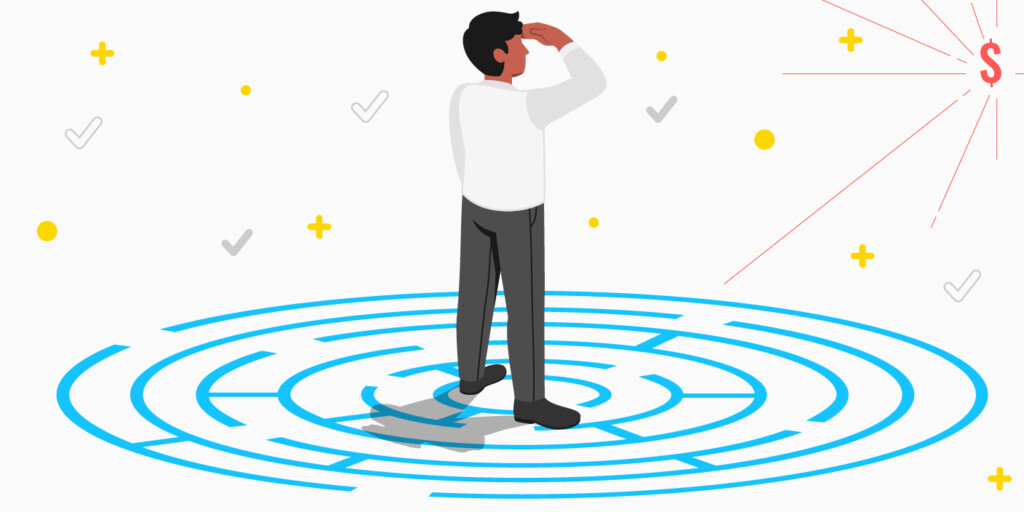
Confirmation bias makes traders see what they want to see and hear what they want to hear. In the worst-case scenario, traders with confirmation bias ignore any evidence that suggests they should reconsider their decision. It’s like wearing a pair of rose-colored glasses even when the market is showing signs of trouble.
By sticking to your plan and remaining open to new information, you can escape the trap of confirmation bias and make better-informed trading decisions. Just look at beginners. They don’t have any preconceived notions or biases about how the market should behave.
Overtrading
Sometimes, people feel the need to constantly be in the market to justify their position as professional traders. They may even become addicted to the excitement of trading and the potential for high profits. If you look at beginners, their level of experience or confidence will not let them make as many trades. They also lack the capital or resources to trade as frequently, which is a good thing, too.
The solution: focus on quality over quantity. Prioritize high-probability trades and wait for the right opportunity to enter the market. What will help you emotionally is reminding yourself that trading is a marathon, not a sprint.
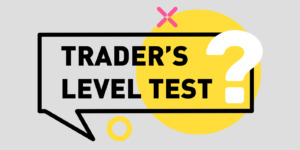
Lack of flexibility
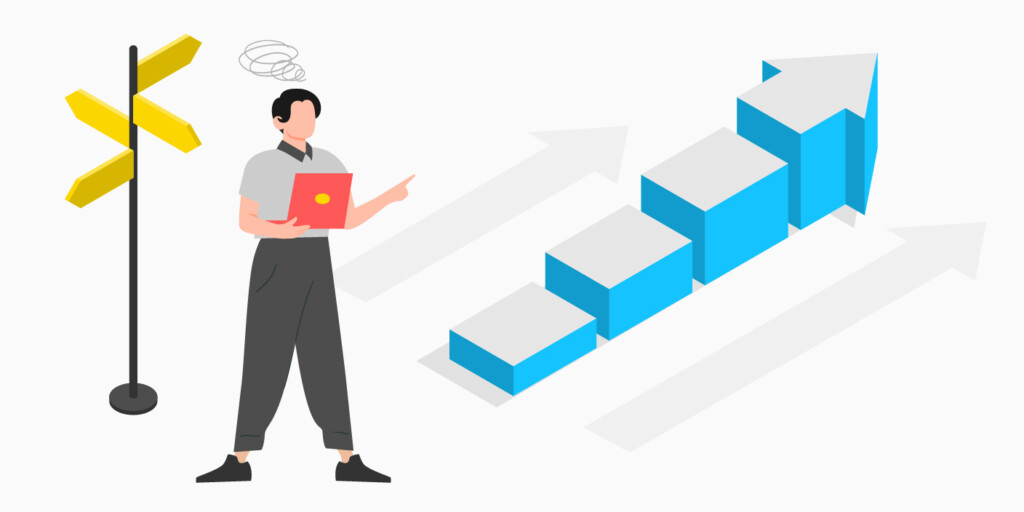
Are you noticing that you’re becoming too set in your ways and relying too heavily on your past achievements and strategies? Well, that’s a trap. If you’re resistant to change, this can lead to missed opportunities and losses in a fast-paced and ever-changing market.
It’s important for pros to constantly evaluate their strategies and adapt to changing market conditions. For example, by stepping out of their comfort zones and exploring new approaches or asset classes.
Burnout
To get to a pro level in trading, you often have to work long hours, constantly monitor markets, and are under a lot of pressure to perform. Not to mention the high levels of stress, anxiety, and uncertainty, which can take a toll on their mental and physical health. Over time, this can lead to burnout.
To avoid the state of emotional, physical, and mental exhaustion, take some precautionary measures. This involves taking breaks, practicing self-care, and seeking support when needed.
Don’t let these traps discourage you! By being aware of them and focusing on risk management, continuous learning, and discipline, you can navigate the complex world of finance and keep trading like a pro.
Sources:
The Curse of Knowledge, Harvard Business Review
What is overconfidence bias: definition and examples, Capital
Confirmation bias: overview and types and impact, Investopedia
Burnout: symptoms, risk factors, prevention, treatment, Verywell Mind
